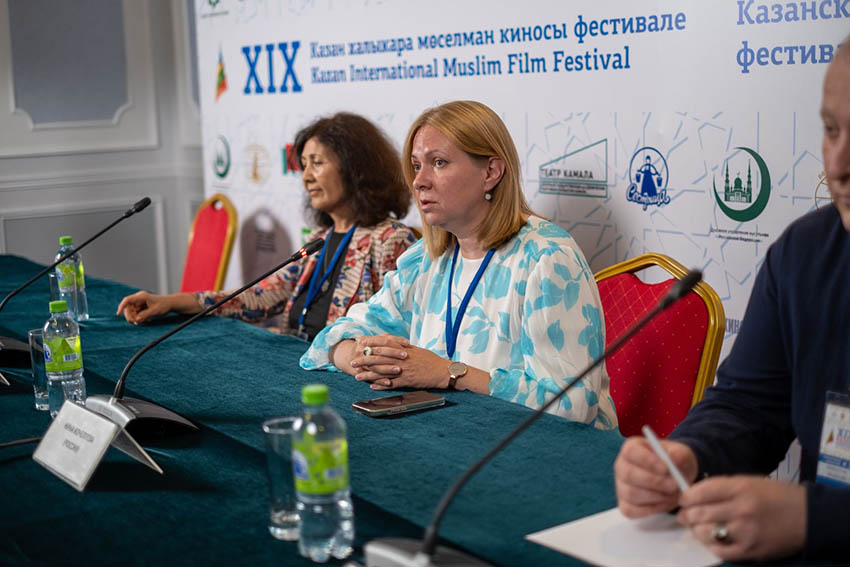Amidst the ongoing ethnic violence and political uncertainty that has plagued Manipur since May 2023, a remarkable achievement has emerged, offering a glimmer of hope. Boong, a debut film by Manipuri filmmaker Lakshmipriya Devi, has premiered on Saturday in the prestigious Toronto International Film Festival (TIFF). For the first time, a Manipuri fiction film was featured in TIFF’s Discovery section, marking a significant milestone for the state and its film industry. The A-grade film festival is being held at Toronto, Canada from 5-15 September 2024.
Manipuri Cinema, often overlooked despite its rich legacy, had faced challenges in recent years. The absence of awards for Manipur in the 2022 National Film Awards had dampened spirits, with critics predicting its decline. However, Boong’s selection at TIFF has revived interest, bringing global attention back to Manipuri Cinema.
Before Boong, only two Manipuri films had been showcased at TIFF, including the classic Imagi Ningthem by Aribam Syam Sharma and the documentary A Cry in the Dark by Haobam Paban Kumar. With Boong, the spotlight is once again on Manipur, offering a glimpse into the state’s rich, yet often overlooked, cinematic tradition.
Backed by Bollywood’s Excel Entertainment, Boong tells the story of a young boy’s journey to reunite his broken family, set in the village of Khurukhul in Imphal West and the town of Moreh on the India-Myanmar border. The film follows a young boy’s emotional journey to reunite his broken family by bringing home his absentee father. Beyond its narrative, Boong is a love letter to Manipur, capturing the town’s essence and the spirit of its people, who lived in harmony before the violence.
Shot just months before ethnic violence tore through the region, Boong stands as a poignant documentation of a Manipur that now feels distant. Moreh, once a thriving town known for its diversity, was a place where communities coexisted peacefully. The film was a community effort, with residents from different ethnic backgrounds contributing to its production.
“It gives me chills to think that Boong might be the last documentation of Moreh as it was before the violence,” LP shares. “The town, the people, the way we all came together—it’s heartbreaking to know that it might never be the same again.”
LP revealed that her passion for storytelling was ignited by her grandmother’s folk tales, which provided comfort during Manipur’s tumultuous times in the late 70s and early 80s. LP fondly recalls, “The most comforting memory from my childhood is crawling into my grandmother’s bed at night, listening to her stories under the mosquito net, while gunshots echoed in the distance. This film is my interpretation of those tales, intertwined with the sights, sounds, and smells I associate with Manipur.”
LP’s commitment to capturing the spirit of Manipur is evident in her approach to filmmaking. Despite her established career in Bollywood, she chose to work with local, untrained crew members to bring authenticity to Boong.
“It was challenging to navigate an unpredictable terrain like Manipur with local crew and cast who had barely any or no existing background in movie production,” LP reflects.
“The sheer enthusiasm, love and support of the people of different communities of Manipur that made it possible to overcome these challenges and film ‘Boong’. I thank God every day that I got the opportunity to work with ALL the communities of Manipur. I am beyond grateful for that”
As displaced residents of Moreh now living in relief camps reach out, longing to see the film, Boong has become a time capsule of a Manipur that feels distant. The film’s narrative of a boy reuniting his family now mirrors the state’s search for healing.
In these dark times, Boong stands as a beacon of hope, reminding us that even in division, the human spirit can find a way forward. Its success at TIFF will not only shine a light on Manipur’s cultural richness but also elevate voices from the margins—voices that tell stories capable of resonating far beyond their borders.












